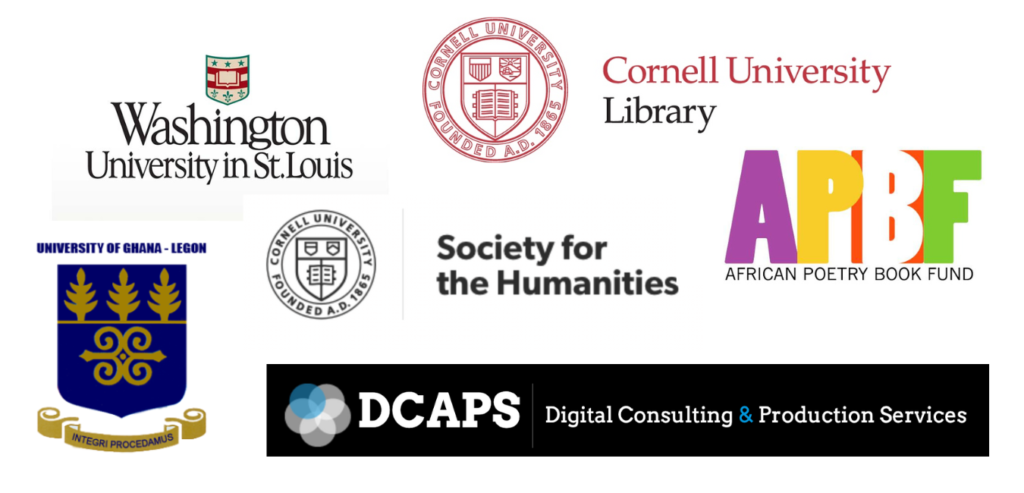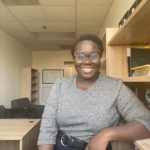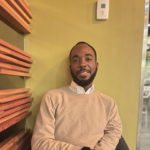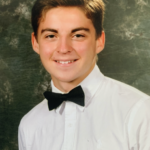The Global Poetics Project is an Experimental Archive, Co-Working Space, & Production Studio invested in developing resources & tools for the studying & writing of poetry & poetics.
About
The Global Poetics Project is a platform for experimenting with digital tools and methodologies that can aid us in the study of poetry and poetics, as such the GPP is a perpetual work in progress. Rooted in digital media studies, the digital humanities, the humanities, arts, literature, technology, and, of course, poetry and poetics, the GPP is a lab that waltzes with and between critical scholarship and creative practice.
GPP is an experimental archive inasmuch as it is a portfolio of explorative and research-based projects that are presented in tangible ways, from digital repositories and exhibitions to virtual salons and data visualizations.
GPP is a co-working space in the sense that it is invested in working through ideas, thesis, and curiosities with poets, scholars, researchers, students, teachers, universities, collectives, and institutions from around the world to co-curate our conversations, holdings, projects, and initiatives.
GPP is a production studio because it develops digital tools, maps, videos, podcasts, and teaching aids, as well as resources and tools for poets. It produces content and resources about poetry for poets, researchers, and all learners.
The Global Poetics Project is foremost dedicated to the print worlds, poetry, and poetics from what has been referred to as the Global South/ Third-World/ Postcolonial world, as well as multiethnic poetry. The GPP has a focus on post-1960s poetry, with its archives and exhibits emphasizing the 1960s, 1970s, and 1980s, and its poet mapping and archiving leaning more closely to the 21st century. As the name GPP suggests, this lab is invested in engaging with poetry from around the world in whatever forms or mediums it may appear.
The GPP Is Bringing The Terrain Of Poetry To The World Wide Web
Funders, Supporters, Collaborators
The Global Poetics Project has been made possible by generous forms of support and collaboration from the following:







